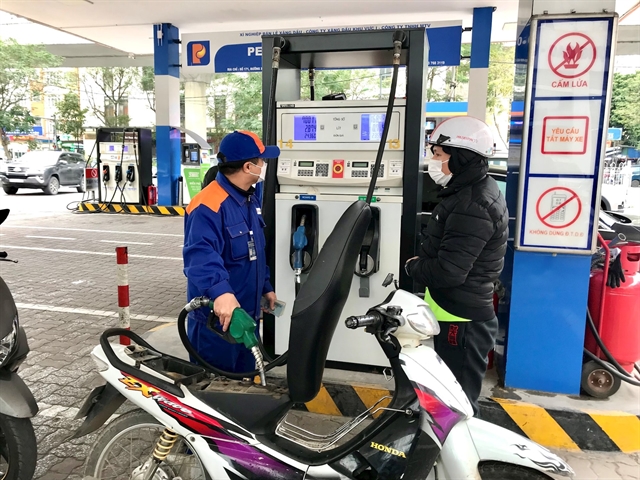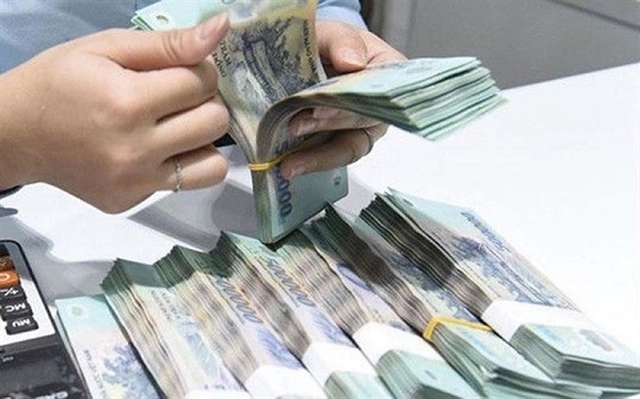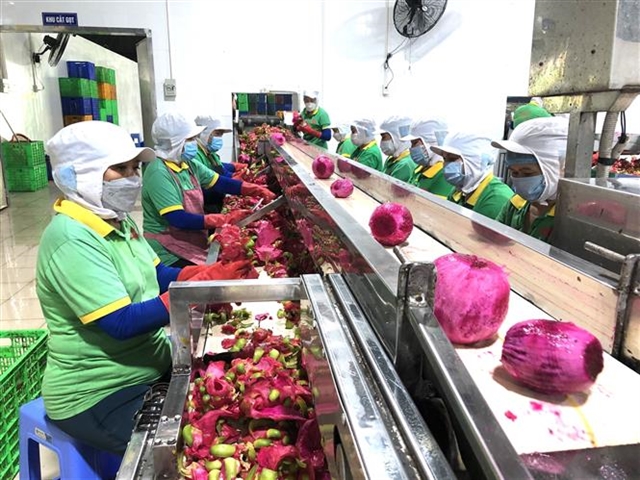 Economy
Economy
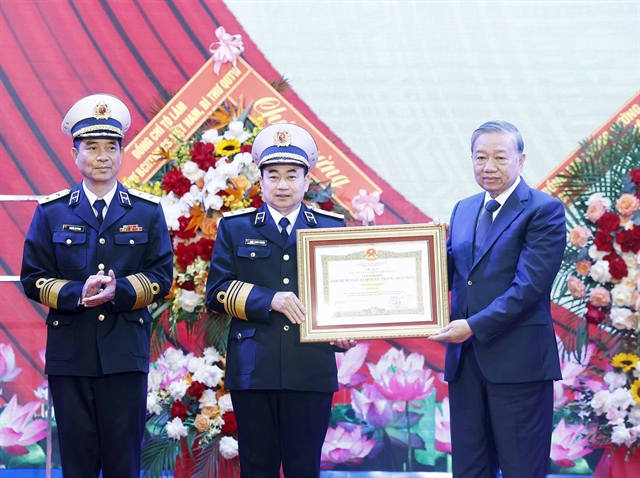
Việt Nam recorded a trade surplus of US$11.63 billion in the first six months of 2024, according to the General Statistics Office.
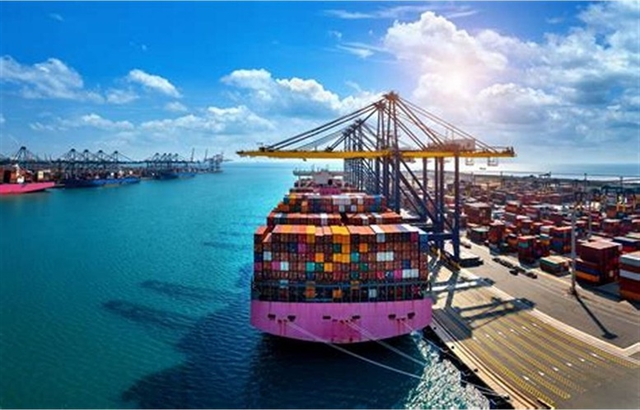 |
| In the first half of 2024, export turnover is expected to reach US$190.08 billion, an increase of 14.5 per cent over the same period last year. — Photo chinhphu.vn |
HÀ NỘI — Việt Nam recorded a trade surplus of US$11.63 billion in the first six months of 2024, according to the General Statistics Office (GSO).
In the first half of 2024, export turnover is estimated to reach nearly US$190.1 billion, an increase of 14.5 per cent over the same period last year.
Of the total export turnover, the domestic economic sector reached $53.4 billion, an increase of 20.6 per cent, accounting for 28.1 per cent of total export turnover. The foreign-invested sector (including crude oil) reached $136.7 billion, an increase of 12.3 per cent, accounting for 71.9 per cent.
In the first six months, processed industrial goods exports were estimated at $166.8 billion, making up 87.7 per cent of total export value.
Regarding imports, import turnover of goods in June 2024 was estimated to reach $30.15 billion, down 7.9 per cent over the previous month and up 13.1 per cent over the same period last year.
Ending June, the import turnover of goods was estimated to reach $178.45 billion, up 17 per cent year-on-year. Production materials imports made up 94 per cent, totalling $167.73 billion.
In the first half, the United States remained Việt Nam's largest export market at $54.3 billion, and China is the largest import market at $67 billion.
Đinh Thị Thúy Phương, Director of the GSO's Trade and Service Statistics Department, emphasised the need to improve policies to create a favourable macro environment for exports and ensure a transparent business climate. Sustainable export growth should be pursued by diversifying markets and maintaining a healthy trade balance.
Authorities should enhance forecasting to warn businesses of potential risks, minimise trade defense investigation impacts, and prove that Vietnamese goods are not dumped. They should support industrial production, stimulate demand, and leverage free trade agremeents (FTAs), Phương said. — VNS


